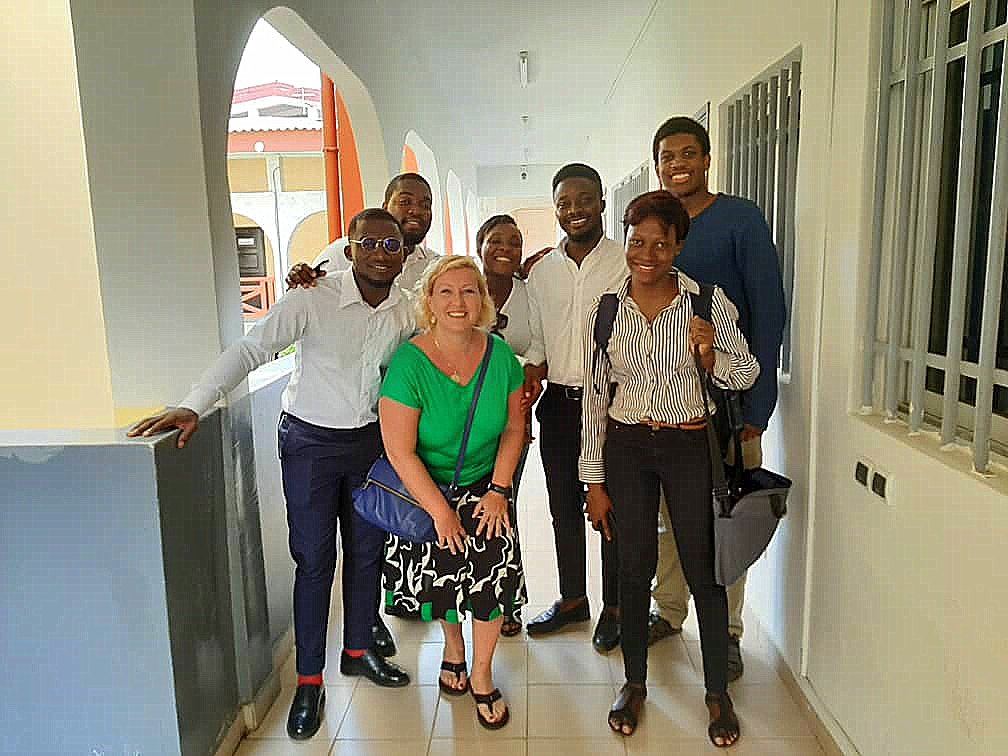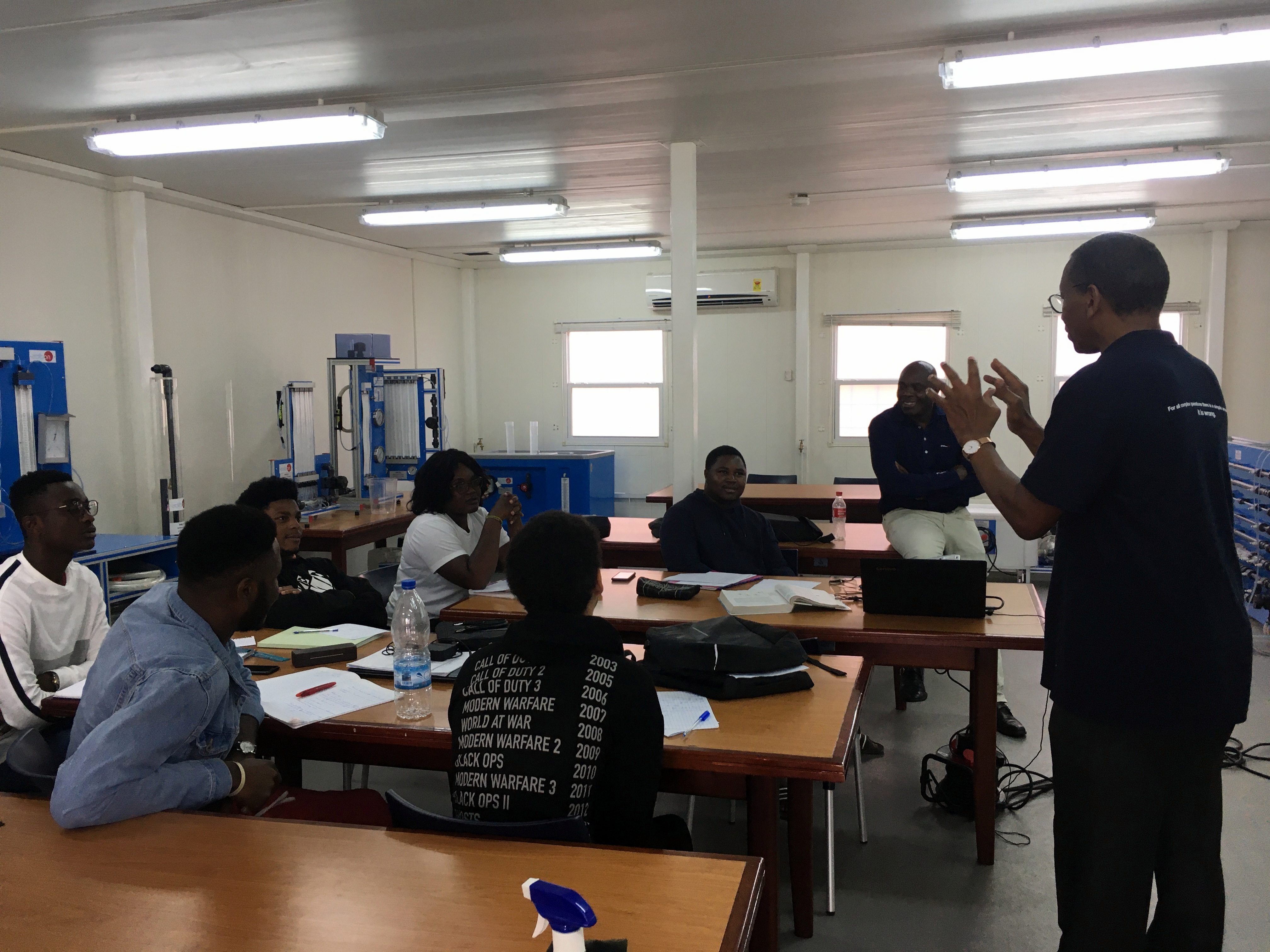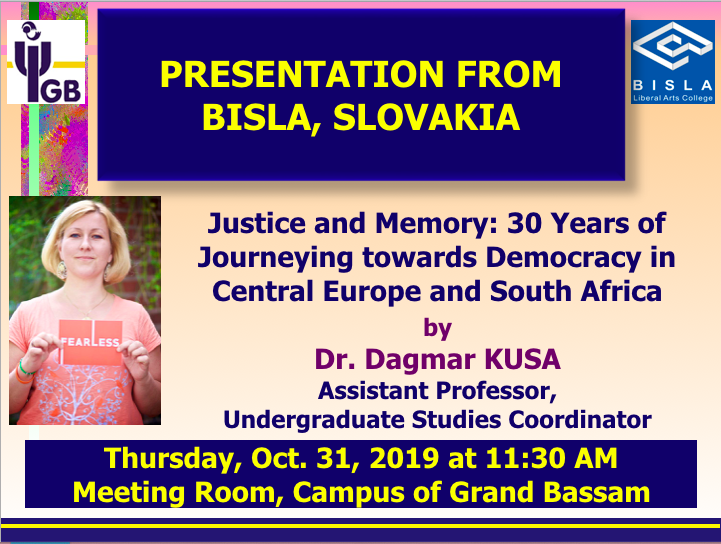NEWS
Dagmar Kusá na Pobreží Slonoviny | in Côte d'Ivoire
Dagmar Kusá je aktuálne na návšteve našej partnerskej školy na Pobreží Slonoviny- International University of Grand-Bassam (IUGB). IUGB je prvá škola v tejto krajine s americkým štýlom vyúčby- liberal arts. Škola má okolo 800 študentov z 22 krajín z celého sveta. 43% študentov sú ženy. Vyúčba prebieha výlučne v angličtine.
Tento štvrtok sa na škole v Grand Bassam uskutoční jej prednáška s názvom: Justice and Memory: 30 Years of Journeying towards Democracy in Central Europe and South Africa



Dagmar Kusá is currently visiting our partner liberal art college in Côte d'Ivoire- International University of Grand-Bassam (IUGB). IUGB is the first American-Style liberal arts university in this country. School has about 800 students from 22 countries around the world. 43% of students are females. Curriculum is fully conducted in English language.
Dr. Kusa will be giving a presentation titled: Justice and Memory: 30 Years of Journeying towards Democracy in Central Europe and South Africa this Thursday in Grand Bassam Campus.
Abstract
Abstract: Thirty years have passed since the Velvet Revolution has done away with communist totalitarian regimes in Czechoslovakia and the rest of Central and Eastern Europe. It is also almost thirty years since Nelson Mandela started negotiations about the transfer of power with the former apartheid regime leaders, leading to first free elections in the Republic of South Africa. The two regions could not be possibly more different historically, culturally, politically and yet... there are many surprising similarities on their path towards democracy. The big questions that we are asking are how to address the legacy of the violent past in order to facilitate democracy? What consequences do institutional choices for addressing the past have on the quality of democracy today? How to balance the need for healing, with the need for truth, and for justice?
The comparison of South African and Central European transitions points to the importance of justice--criminal as well as socioeconomic--for the establishment of the rule of law, and the importance of memory for intergenerational transmission of values of ethical citizenship.
